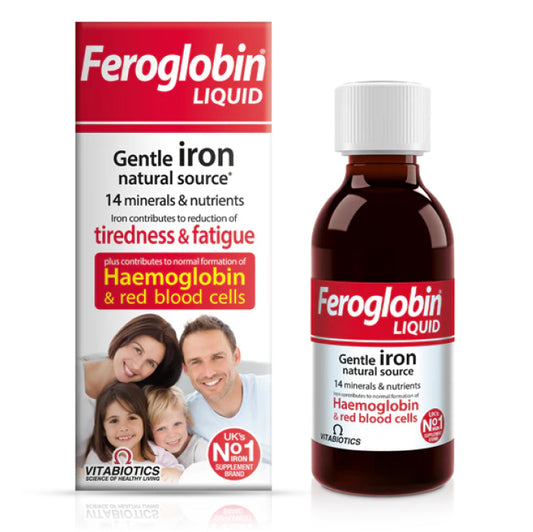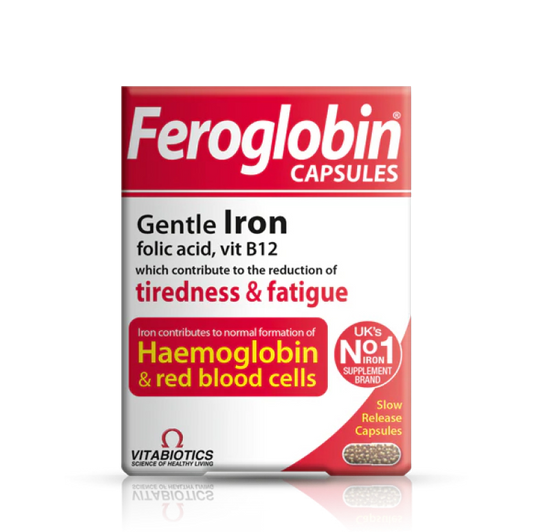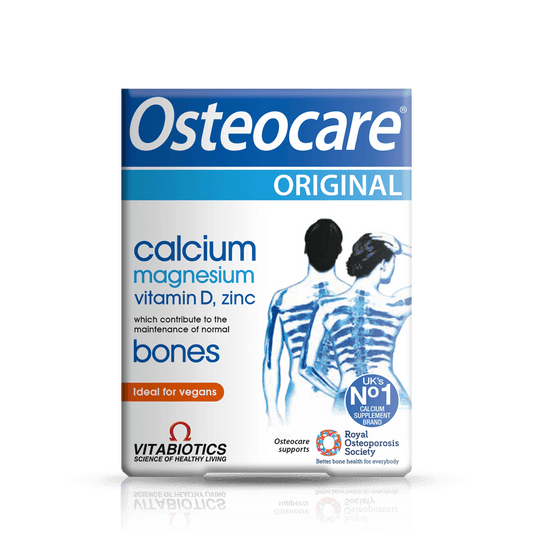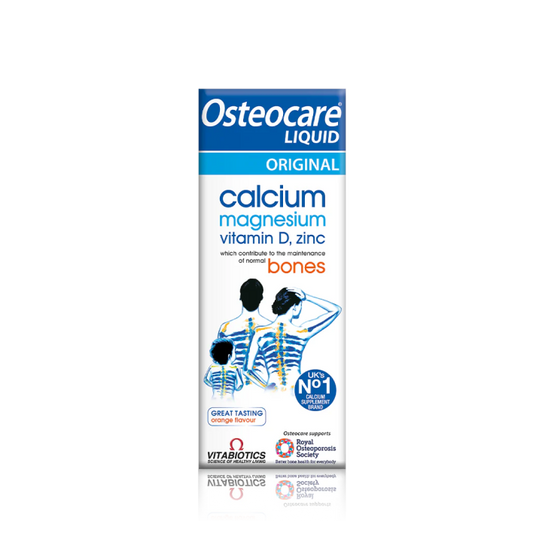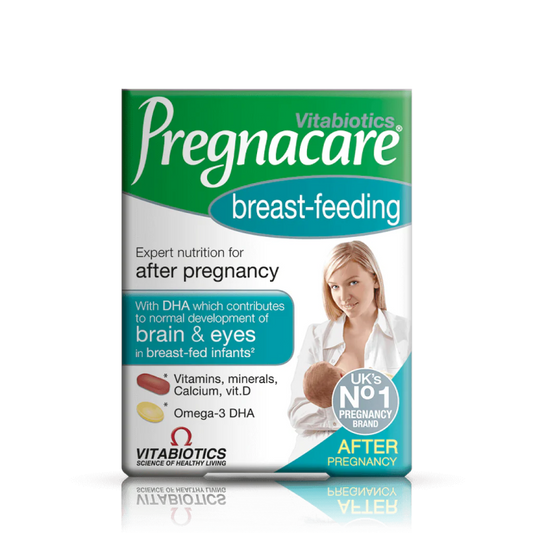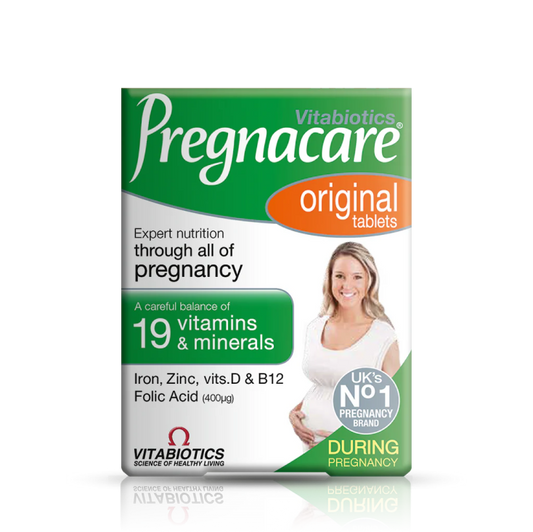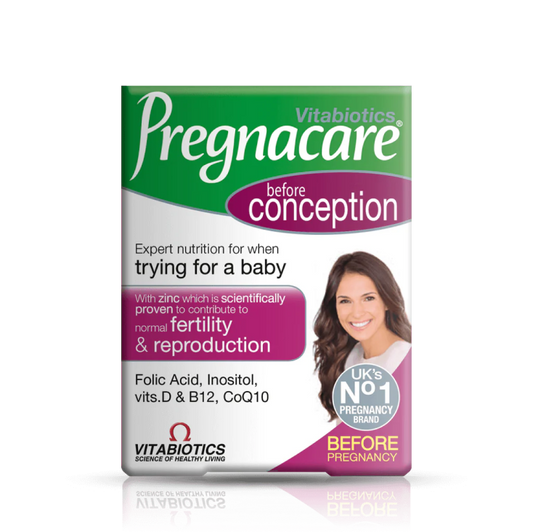The effects of glucosamine and collagen on joint function are similar, but if you want to take care of your synovial fluid and mobility, it is worth knowing that products containing glucosamine will be more effective. Learn the difference between collagen and glucosamine, as well as how to keep your joints healthy for longer.
Glucosamine vs Collagen - What's the Difference?
Both glucosamine and collagen are among the ingredients that support joint health. Glucosamine is a compound that naturally occurs in the human body, specifically in cartilage and synovial fluid. It helps maintain the proper structure of joints, hydration and cushioning. Collagen also occurs naturally in the human body, but not only in cartilage, but also in the skin, bones and eyes. It is a structural protein responsible for elasticity and resilience.
How does collagen work on joints?
Collagen is involved in the production of synovial fluid, thus reducing friction. It has a positive effect on joint mobility and improves their flexibility. Type II collagen is the main building block of joint cartilage. It is worth remembering that this is not its only role in the human body. Collagen proteins protect internal organs, are responsible for the condition of the skin and activate cartilage cells. Unfortunately, with age, the amount of collagen in the body, including joints, decreases. This is visible not only in the appearance of the skin, but also in the deterioration of the functioning of the musculoskeletal system. Spine pain, difficulty moving or limited mobility appear.
See also: What supplements to take for osteoporosis?
Glucosamine - its importance for joints
Glucosamine is a component of joint cartilage and synovial fluid, and, like collagen, decreases with age. As we age, the body produces less of this ingredient. Glucosamine is difficult to obtain through food, so if you want to increase its amount, supplementation is necessary. Glucosamine plays a significant role in preventing the degeneration of joint cartilage and has a positive effect on regenerative processes. It is recommended for rheumatoid arthritis, maintaining healthy bones or degenerative joint disease.
When is it worth using glucosamine and when is it worth using collagen?
Dietary supplements include glucosamine, fish collagen, and bovine collagen. Each of these can be used to support the treatment or prevention of various conditions. Glucosamine is most often found in the form of glucosamine sulfate or glucosamine hydrochloride. It can be used in mild to moderate osteoarthritis. Additionally, glucosamine dietary supplements can be used to alleviate inflammation, e.g. in knee pain.
Collagen has a wider range of action, because it covers not only joint cartilage, but also the skin. In dietary supplements, you can find both pure collagen and a product with the addition of various vitamins and minerals that support the absorption of collagen. Such products are recommended for the regeneration of joint cartilage, muscles, as well as for improving the condition of the skin, hair and nails.
Contraindications to the use of glucosamine or collagen
When taking glucosamine or collagen supplements, side effects may occur. In both cases, the most common are abdominal pain, as well as other digestive problems, such as nausea, vomiting, diarrhea, constipation, or flatulence. Some people may experience skin problems, usually redness, while taking glucosamine, as well as problems related to the nervous system, such as drowsiness and headaches. Remember, however, that not everyone will experience side effects. To minimize them, do not exceed the recommended daily dose.
In addition, fish collagen available as dietary supplements may give some people a marine aftertaste. It is also not recommended for people with allergies to fish and seafood. During pregnancy, it is worth consulting a doctor before taking dietary supplements.
What forms of joint supplements are available?
Collagen dietary supplements are most often available in powder form, as well as liquid shots and capsules. They differ in the content of collagen hydrolysate, as well as the presence of additional vitamins and minerals. They can contain vitamin C, zinc and calcium. When taking collagen dietary supplements, it is worth paying attention to other substances taken.
Glucosamine dietary supplements can also come in various forms. The most popular are tablets and capsules, as well as liquids. They can also contain zinc, calcium, and vitamin D. The presence of these compounds improves absorption and also makes the course of the disease less severe.
This may be useful to you: Osteocare Calcium Supplements
What helps with healthy joints?
The aging process of the body, injuries, contusions, poor diet or lack of physical activity can adversely affect muscles and joints. If you want to support them in their daily work, it is worth reaching for the right ingredients that reduce pain, reduce the feeling of stiffness and support regenerative processes. These are:
-
Collagen - a building protein that decreases with age. It supports not only cartilage and joints, but also the skin. It occurs as marine and bovine collagen, and you can also find vegan collagen, ideal for people who do not consume animal and animal products.
-
Glucosamine - reduces joint stiffness, regenerates them and protects them from natural changes. In the case of problems with synovial fluid, its action is invaluable.
-
Vitamin C - (l-ascorbic acid) - has a positive effect on blood vessels, skin and collagen production. It is essential in the synthesis of this element.
-
Vitamin K - helps maintain healthy bones. It is involved in transporting calcium to bones and teeth.
-
Hyaluronic acid - is responsible for skin hydration. With age, it decreases, as does collagen levels. Although it is most often associated with the skin, it has also found application in orthopedics. Injections containing hyaluronic acid reduce friction and also support joint mobility.
If you want to strengthen your joints and bones, look for dietary supplements that contain effective combinations, such as glucosamine and vitamin C, D , zinc, magnesium and many other minerals or fish collagen and vitamin C. Such combinations reduce ailments related to the musculoskeletal system and also improve well-being and mobility.


